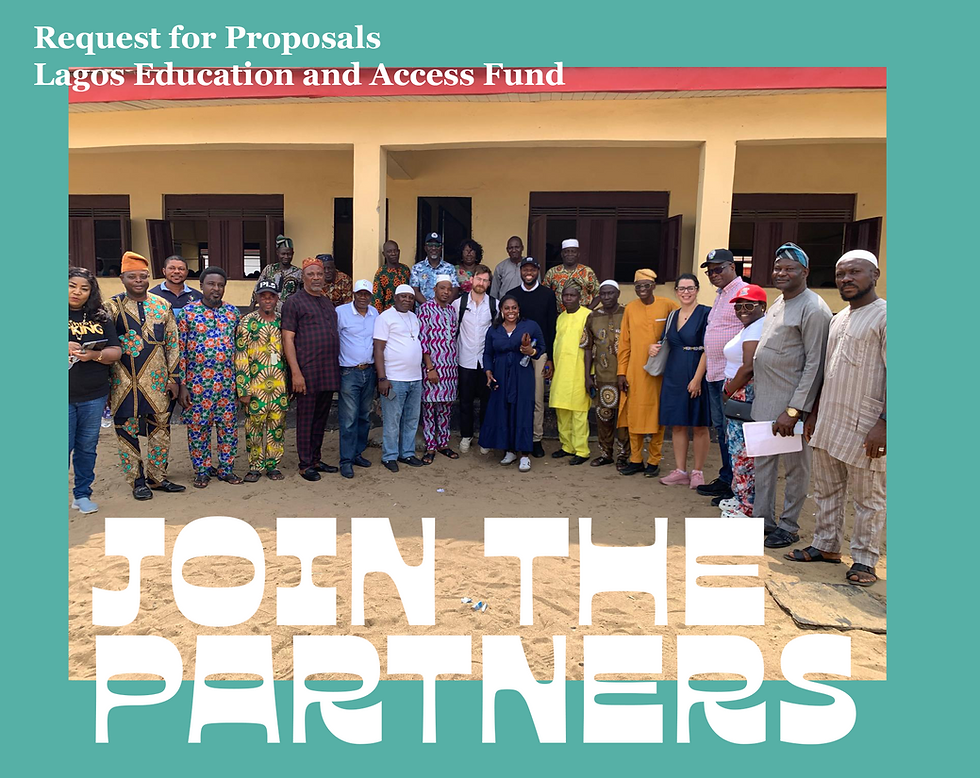An educated population is the cornerstone for Sierra Leone’s new direction
- Mar 26, 2020
- 2 min read
Updated: Sep 30, 2024
Last month, the EOF team was invited by the government of Sierra Leone to see the efforts and progress the country has made across their education system. A country marked by years of civil war and the Ebola crisis, the government of Sierra Leone is placing education at the core of their vision to accelerate the country’s socio-economic development.
In 2017, approximately 35% of children aged 6-18 years did not go to school in Sierra Leone. According to the University of Massachusetts Amherst, poverty is ranked as the primary reason for children being out of school, followed by the death of a parent, teenage pregnancy and long walking distances to school.
In 2018, President Bio announced the launch of the Free Quality School Education (FQSE) to fight against the large number of school leavers and to drive Sierra Leone’s economy forward. This was the first time that the government had enshrined free quality education for all of Sierra Leone’s children. One year after the initiative, the Ministry of Basic and Secondary Education (MBSSE) registered that the in-take in secondary schools had trebled and 90 000 more pupils, compared to the previous year, had joined primary schools.
Sierra Leone’s net primary school enrolment is currently at nearly 100%, however only two-thirds of students pass the primary level exam and by the time they take the school-leaving exam at the secondary level less than a third pass. According to the latest results from the EGRA reading comprehension tests, 97% of 8-year-olds do not know how to read and 60% of students retaking the same test two years later still score zero.
In response to this learning crisis, the Sierra Leone government launched the Education Innovation Challenge (EIC) in 2019. The $1.5 million project is a three-year national pilot that is being set up across 170 schools in 15 districts. Under the technical supervision of the Human Capital Development (HCD) Incubator at the Directorate of Science, Technology and Innovation (DSTI), the program is bringing together the private sector, academia, and government agencies to find new ways to improve learning at the primary school level. Rigorous evaluations are planned for determining the relative changes in learning outcomes, and this data will be used to guide the development of future learning interventions across the country.
We were excited to be taken by the government to visit some of the schools where the EIC program is being rolled out and see some amazing teaching and learning for ourselves. We were particularly impressed by the government’s willingness to innovate and evaluate to understand what works in the Sierra Leonian context.
The trip has left EOF eager to work with the Sierra Leonian Ministry of Education to help scale the most effective interventions of the EIC program nationwide. We look forward to watching the country gradually live up to its reputation as being the Athens of West Africa.




Comments